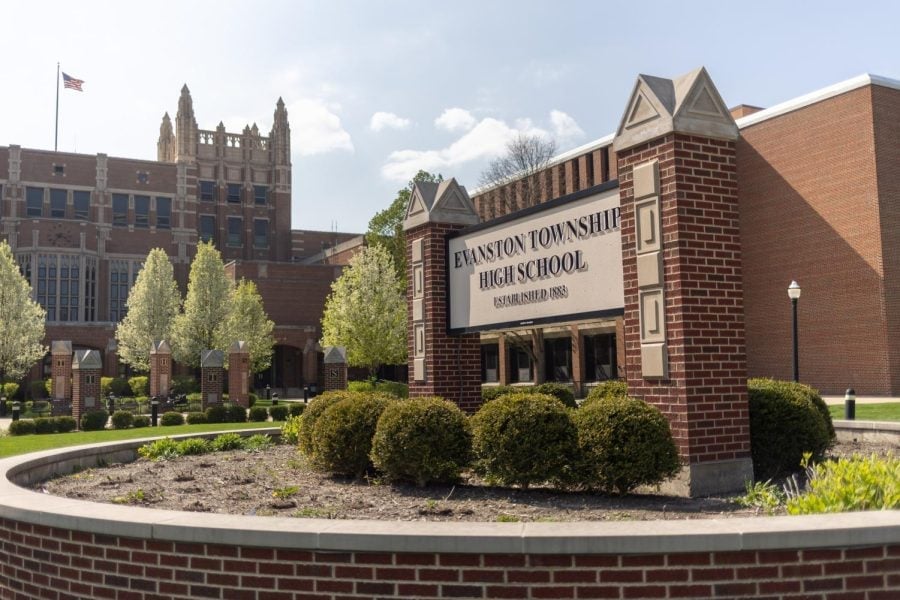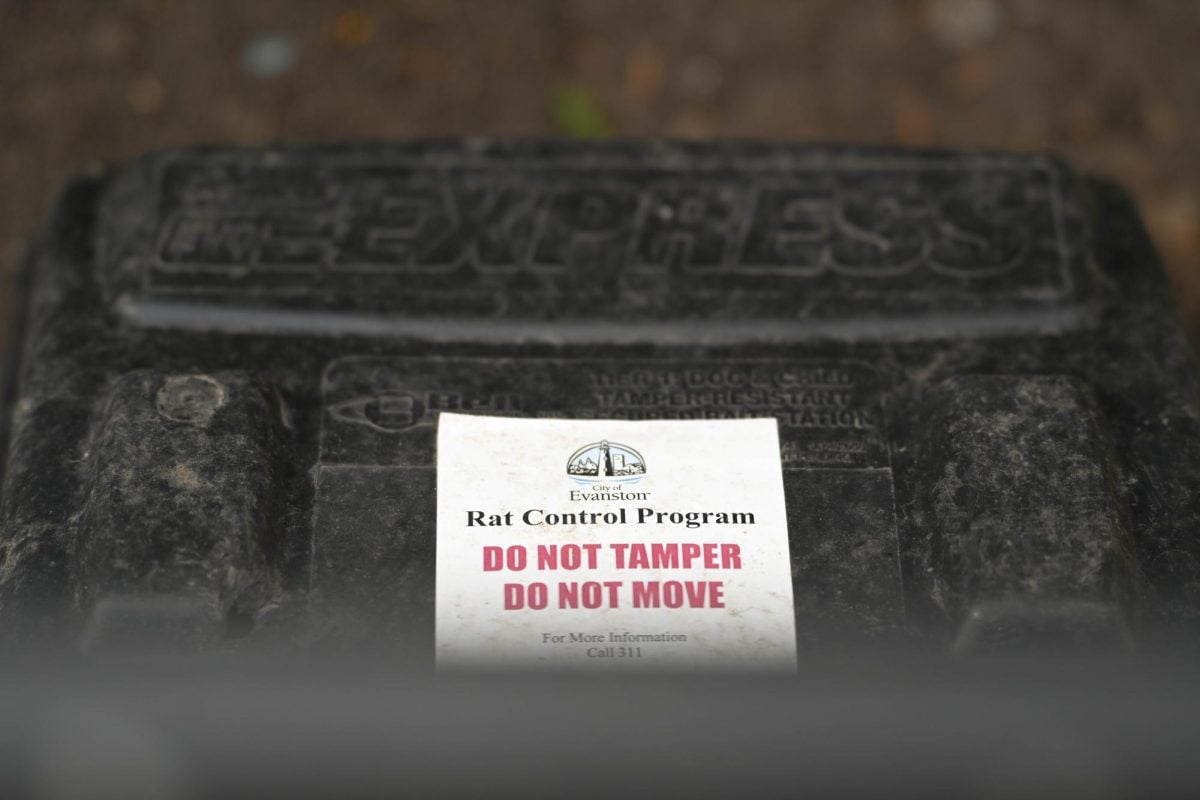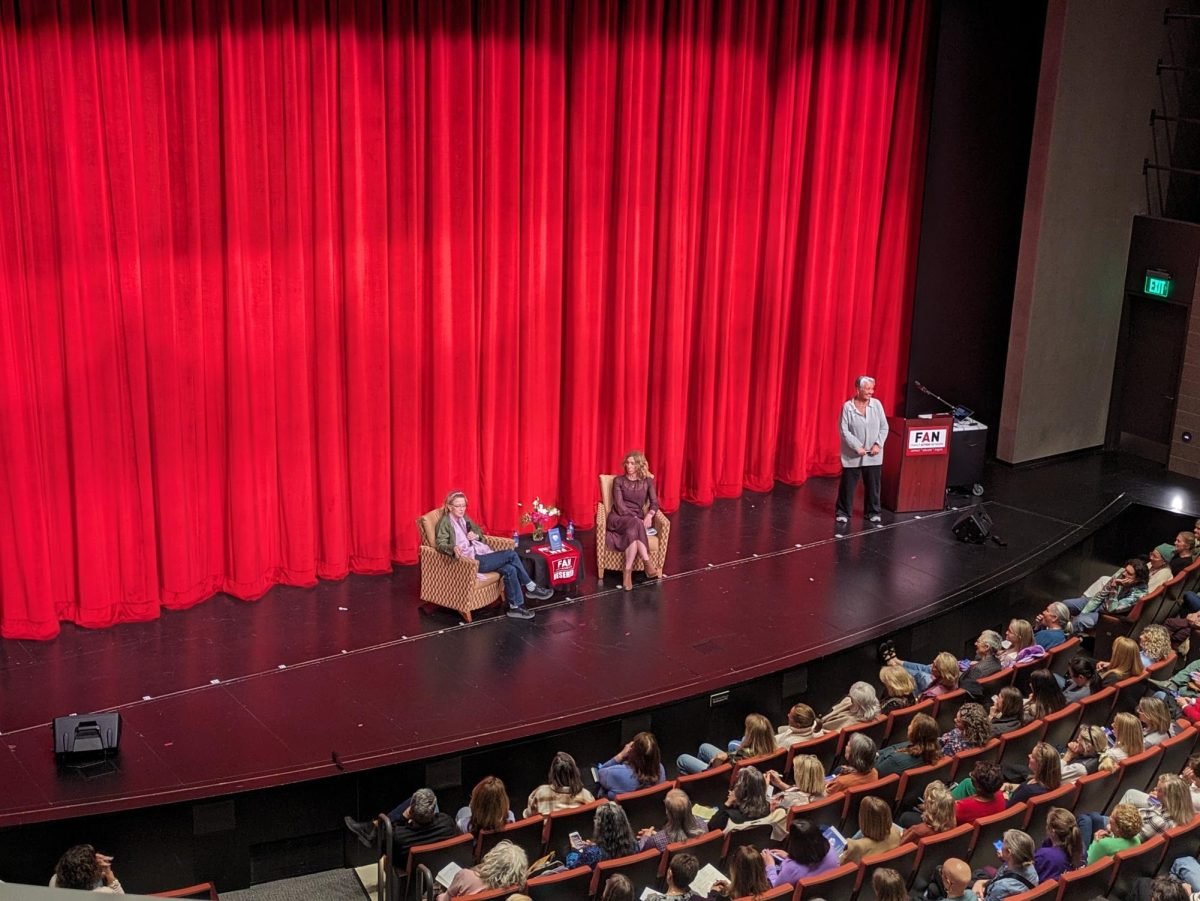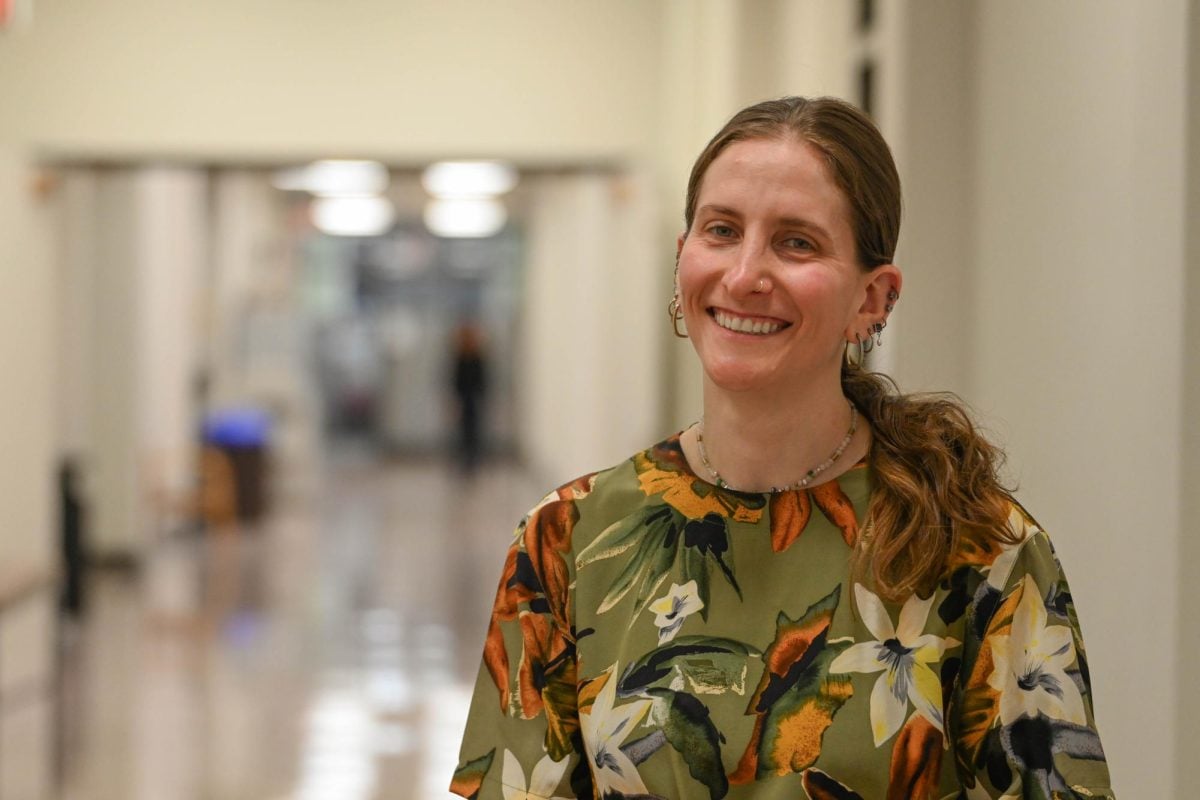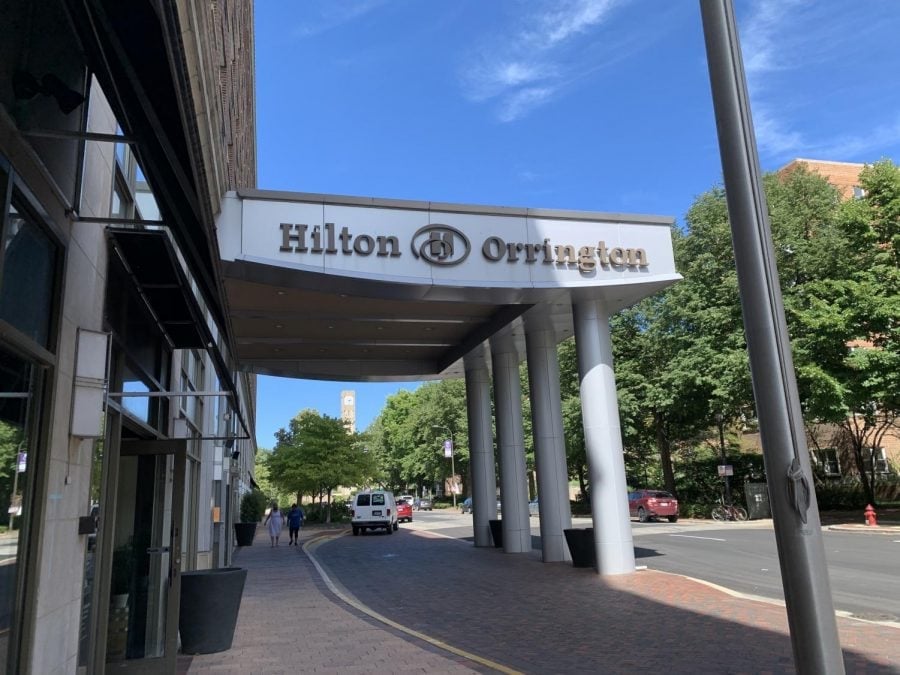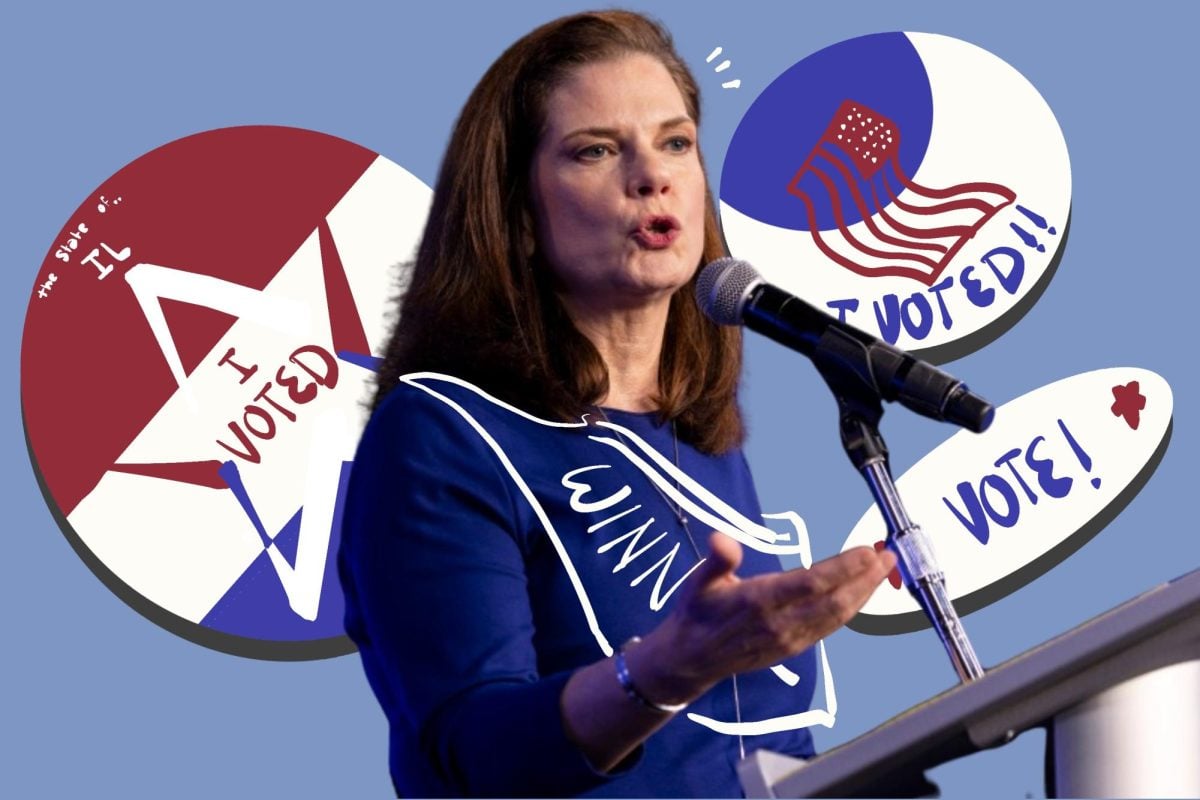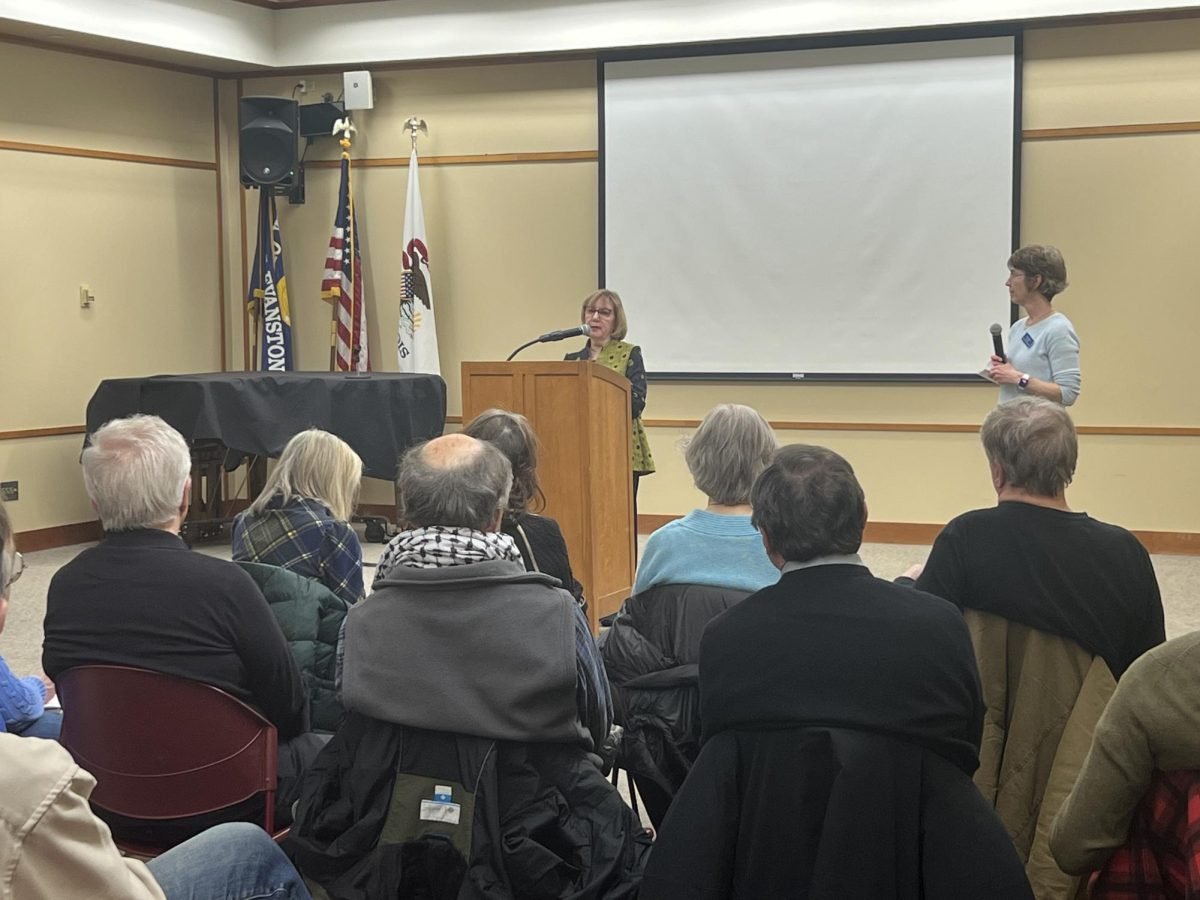About 20 Evanston residents and Northwestern students gathered in the Lorraine H. Morton Civic Center on Tuesday to learn about the rights and responsibilities of tenants and landlords under the Evanston city code.
The meeting, co-sponsored by the city and the Interfaith Housing Center of the Northern Suburbs, was intended to give both tenants and landlords basic information about security deposits, repairs, eviction notices and other issues, said Brendan Saunders, Interfaith Housing Center’s director of advocacy and organizing. Interfaith is a grassroots organization that strives to help residents with foreclosure, discrimination and landlord interaction.
“To have a healthy environment, people have to understand their rights and responsibilities,” Saunders said. “We’re helping to make sure it’s an equal playing field for tenants and landlords.”
Saunders first explained the three types of leases – standard term, oral and month-to-month. He strongly advised against oral leases because he said they lead to arguments between tenants and landlords.
Tenants should always keep a record of any transaction with landlords, Saunders added.
“Write it down – that way it can’t be argued,” he said. “That’s what makes a good housing environment. It’s communication between the landlord and the tenant.”
He stressed the importance of checking a property for damage and taking photos as evidence prior to signing a lease. If a landlord requests a background check on the tenant, Saunders said, it is a good sign because it means he or she cares about the well-being of the property.
Most apartments require a security deposit when the lease is signed, but the city ordinance mandates landlords cannot ask for more than a month and a half’s rent at that time. Saunders said tenants should not rely on this deposit for the last month’s rent because the landlord has the right to the deposit money if the tenant was ever short on rent or left the apartment in poor condition.
“When you move out, clean the apartment,” Saunders said. “So many people leave it dirty and it’s horrible. You clean the apartment, you’re more likely to get your security deposit back.”
Weinberg senior Erica Evers said she came to the meeting because after living in an apartment for a year, she realized she should be more informed about her rights and expectations in dealing with landlords.
“The most relevant part was the breakdown of basic issues, specifically in terms of days of notice and the procedures that surround a rental agreement,” Evers said. “They focused on issues that affect everyone.”
Saunders added he does not receive many complaints from students, either because they deal with their issues through campus resources or because they are willing to have a lower quality of living.
The second half of the tenant meeting focused on what to do if something in the apartment malfunctions, and Saunders said tenants should know about their right to “repair and deduct.” This means if something is broken and the landlord refuses to fix it, the ordinance gives tenants the right to hire a licensed professional and deduct that fee from their rent, providing it does not cost more than half of the monthly payment.
Audience members asked questions about privacy, and Saunders explained the “right to quiet enjoyment,” which mandates that any landlord who wants to enter an apartment must give a tenant a 48-hour warning before doing so.
Jeff Murphy, manager of building and inspection services for the city, said the right not to be disturbed without notice is a serious rule.
“Evanston is a homegrown community,” Murphy said. “We adopted codes that are, in many ways, stricter than Illinois codes. But we can’t violate anybody’s rights. When you’re talking illegal search and seizure, that’s in the Constitution.”
Evanston will team with Interfaith again in the first week of April for a four-day property management seminar. Although Tuesday’s meeting was geared toward tenants, the upcoming event will break down policies for landlords, said Mary Ellen Poole, the city’s housing planner.
“We’re seeing a great need for people to have education on these issues,” Poole said. “We looked at a lot of trainings and the one that we found to be the most highly referenced was this four-day training.”
Editor’s note: This article has been edited for clarity. The Daily regrets the error.

